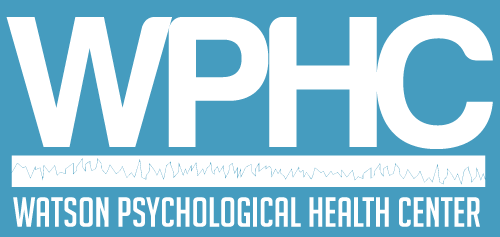What is EMDR?
EMDR (Eye Movement Desensitization and Reprocessing) is a therapy that can be incredibly effective in helping people overcome traumatic experiences, phobias, and other mental health issues. EMDR is a unique therapy that utilizes eye movements to help the brain process traumatic memories and experiences.
How does EMDR work?
When a person experiences a traumatic event, the memory of that event can become "stuck" in their brain, making it difficult to process and move on from. EMDR works by stimulating the brain's natural healing processes through a series of bilateral eye movements.
During an EMDR session, the therapist will ask the client to focus on a traumatic memory or experience while simultaneously moving their eyes back and forth. This can be achieved through a variety of methods, including hand movements, lights, or sounds.
The theory behind EMDR is that the eye movements help the brain reprocess the traumatic memory in a more adaptive way, allowing the client to integrate the experience into their overall life story in a way that is less distressing.
What can EMDR be used for?
EMDR has been found to be effective in treating a variety of mental health issues, including:
Post-traumatic stress disorder (PTSD)
Anxiety
Depression
Panic attacks
Phobias
Chronic pain
Addiction
What are the benefits of EMDR?
One of the primary benefits of EMDR is that it can be a faster and more efficient form of therapy than traditional talk therapy. Many people report feeling significant relief from their symptoms after just a few sessions of EMDR.
Additionally, because EMDR works by reprocessing traumatic memories, it can help individuals achieve a greater sense of closure and resolution around past traumas. This can lead to improved self-esteem, reduced anxiety, and a greater sense of overall well-being.
What can you expect during an EMDR session?
EMDR sessions typically last between 60 and 90 minutes and follow a specific protocol. During the session, the therapist will guide the client through a series of eye movements while asking them to focus on specific memories or thoughts.
While some people may feel a little self-conscious about the eye movements at first, most clients report that they become accustomed to the process quickly and find it to be a relaxing and comfortable experience.
If you're struggling with a traumatic experience or other mental health issues, EMDR may be a helpful form of therapy to consider. Contact us today to learn more about how EMDR can help you achieve greater peace and well-being!
